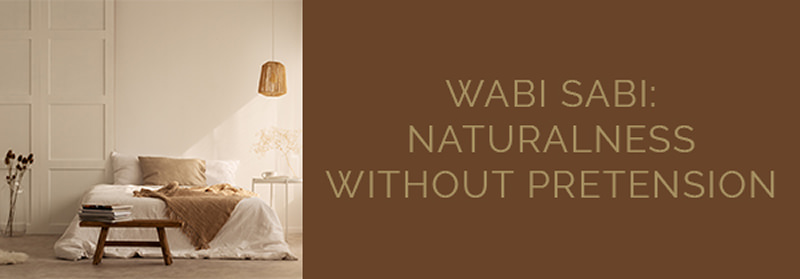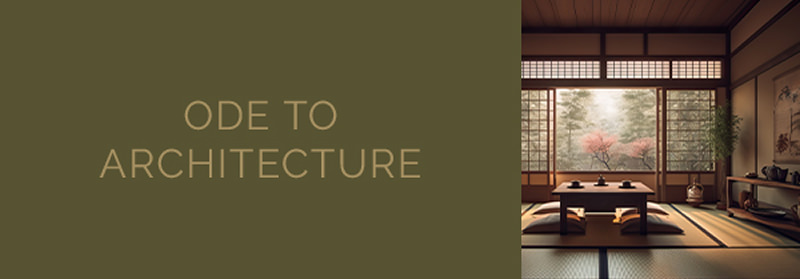
Our homes are the landscapes that shape and sculpt our lives, as imperfect as they may be. Perhaps it’s time for a shift away from the burdens of perfectionism that often plague our living spaces, opting instead for a simplistic approach. This week, Dwayne finds inspiration in Japan—exploring ancient design philosophies like Wabi-Sabi, architectural styles that embrace adaptability, and a deep reverence for everyday life.

The Japanese approach to interiors revolves around discovering beauty in imperfection, simplicity, and the world of nature. Time-honored Japanese design concepts like Wabi-Sabi serve as a reminder to value the charm found in a naturally imperfect environment. Establish a strong connection with nature structurally by incorporating the rustic qualities of raw materials such as wood, straw, steel, and stone. Embracing natural materials also entails acknowledging their inherent imperfections, and recognizing that each piece of wood, steel, or stone will inevitably carry unique distinctions.

Japanese architecture often features multi-functional spaces that can be adapted for various purposes. This concept is integrated into interior design, where rooms are designed to serve multiple functions, and furniture is often modular and flexible. Japanese interior design often incorporates clever storage solutions that can be concealed when not in use. Consider built-in cabinets, sliding panels, and concealed storage to help maintain a clutter-free environment, contributing to the overall adaptability of the space.

Motivated to appreciate the understated joys in our daily lives, Dwayne focuses on honoring craftsmanship. When styling your space, consider selecting distinctive and high-quality items made from materials that wear well over time. Introduce a variety of organic shapes and textures by incorporating ceramics from local markets or asymmetrical lanterns to achieve a well-rounded aesthetic.


